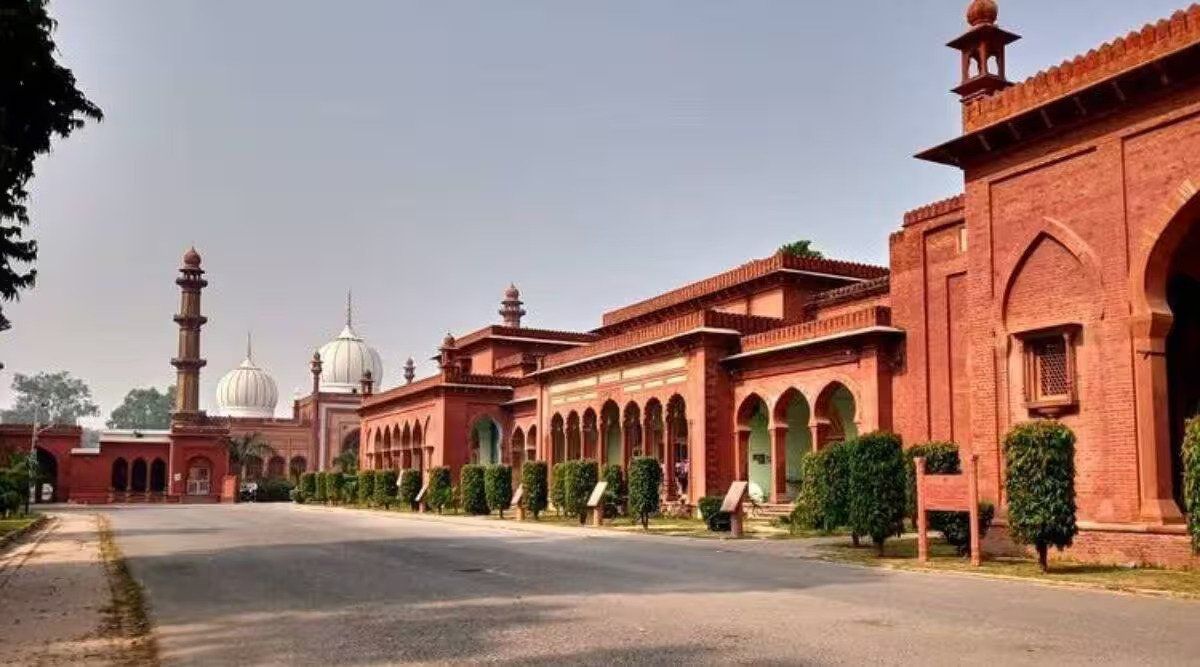


The seven-judge constitution bench of the Top court headed by Chief Justice D Y Chandrachud on Thursday said How does it matter for people whether the Aligarh Muslim University is a minority institution or not when it has continued to be an institute of national importance without the minority tag. The Supreme Court said as it underlined that the intent of Article 30 of the Constitution is not to “ghettoise the minority”. Article 30 deals with the right of minorities to establish and administer educational institutions. The bench, also comprising Justices Sanjiv Khanna, Surya Kant, J B Pardiwala, Dipankar Datta, Manoj Misra and Satish Chandra Sharma also observed that “Without the minority tag, the institution has continued to be an institution of national importance. How does it matter for the people whether it is a minority institution or not? It is only the brand name, AMU,” A five-judge constitution bench of the Apex court had in S Azeez Basha versus Union of India case in 1967 held that since AMU was a central university, it cannot be considered a minority institution.
The issue of AMU’s minority status has been caught in a protracted legal wrangle for the last several decades.
The issue of AMU’s minority status has been entangled in legal complexities for decades, with historical judgments and legislative amendments shaping its status. The Supreme Court, led by a seven-judge constitution bench headed by Chief Justice D Y Chandrachud, initiated hearings on the matter, with proceedings set to continue on Tuesday.